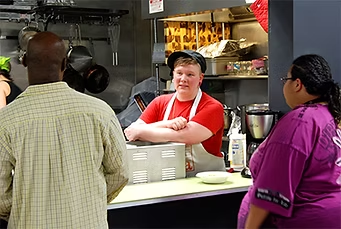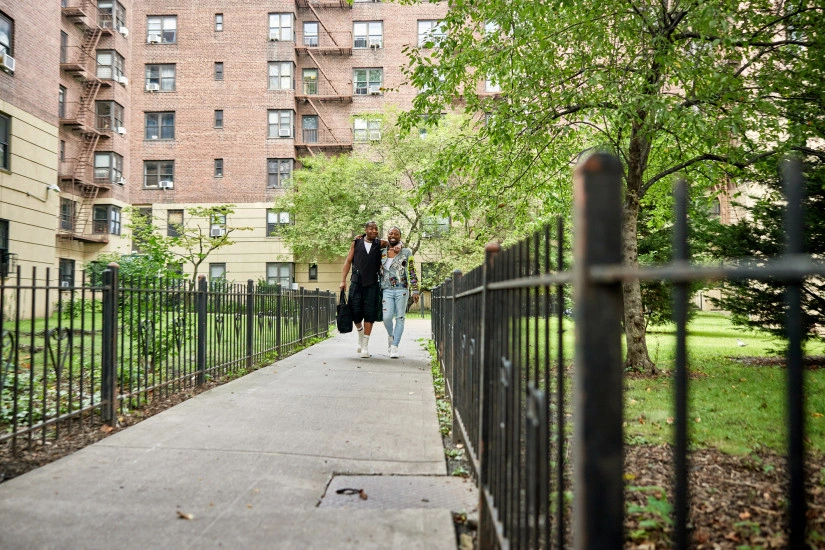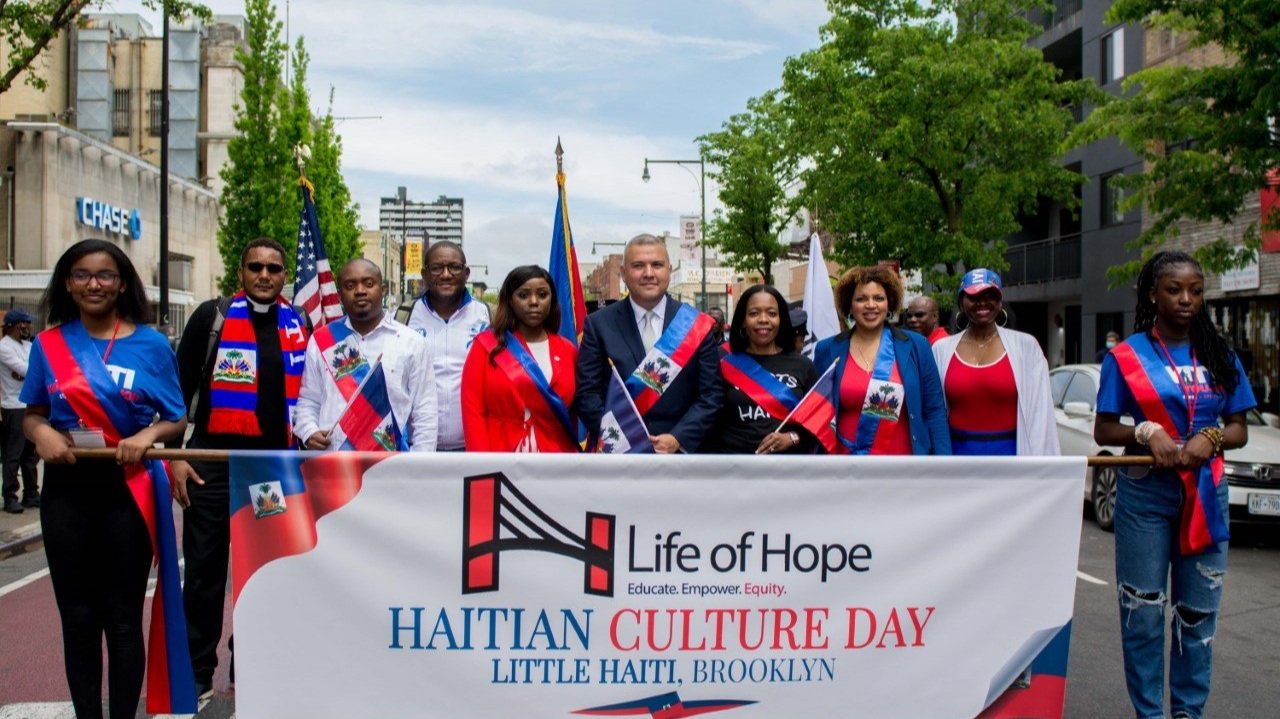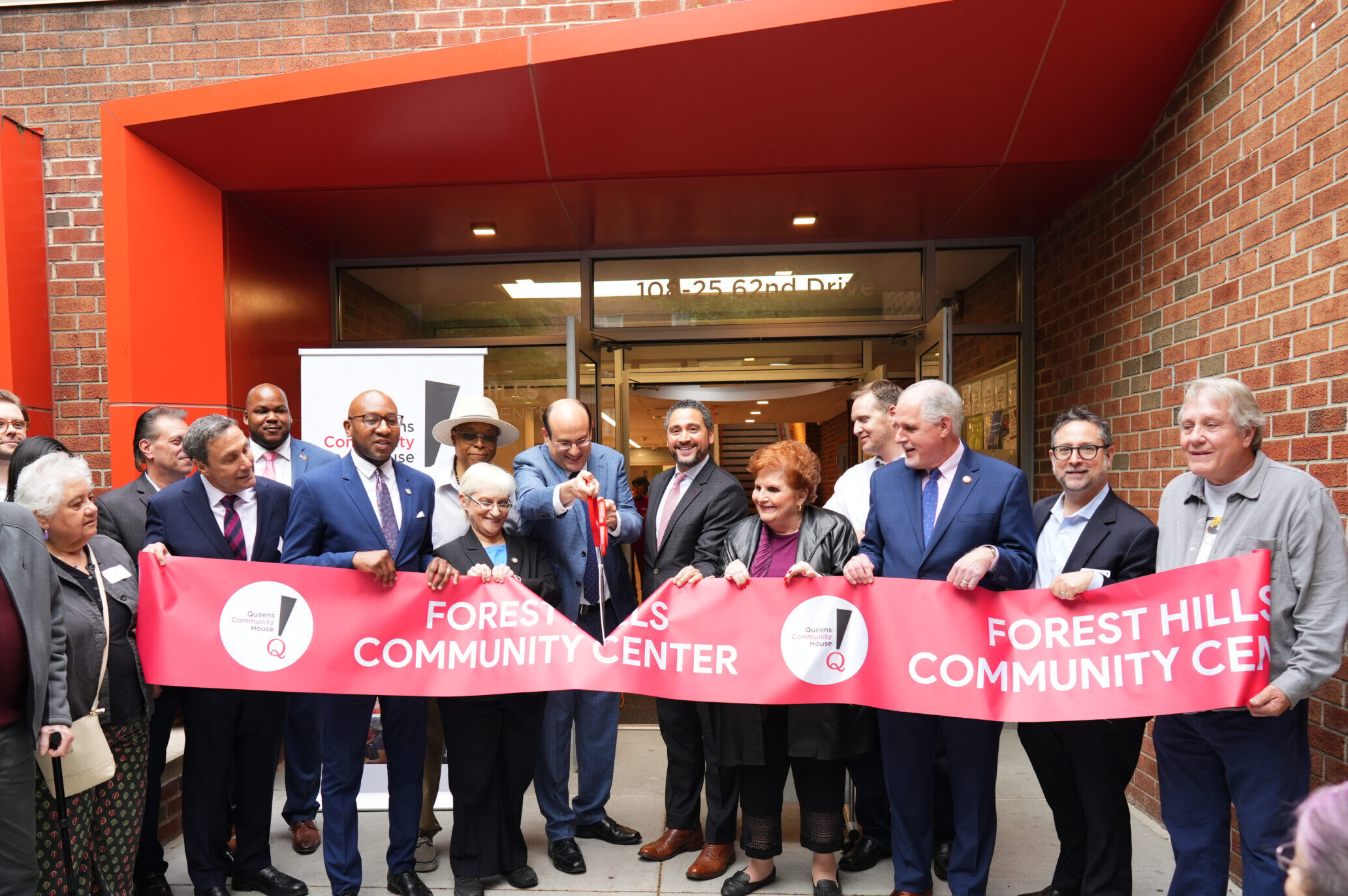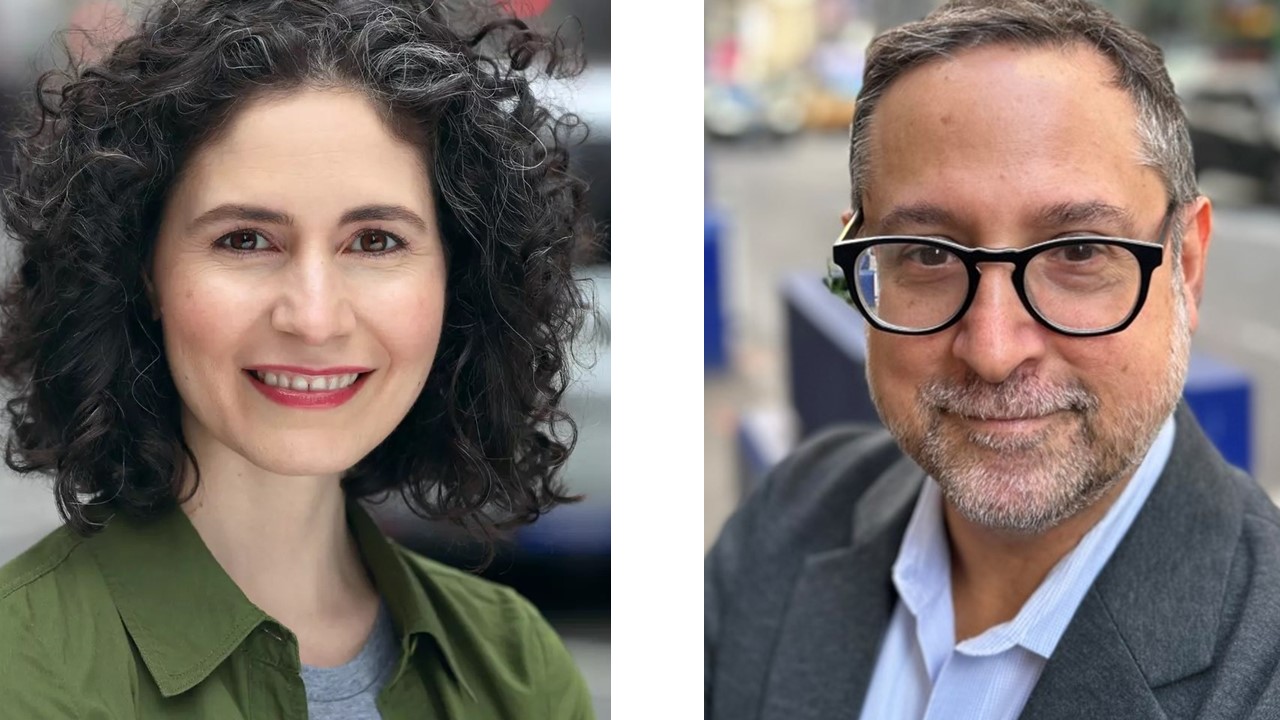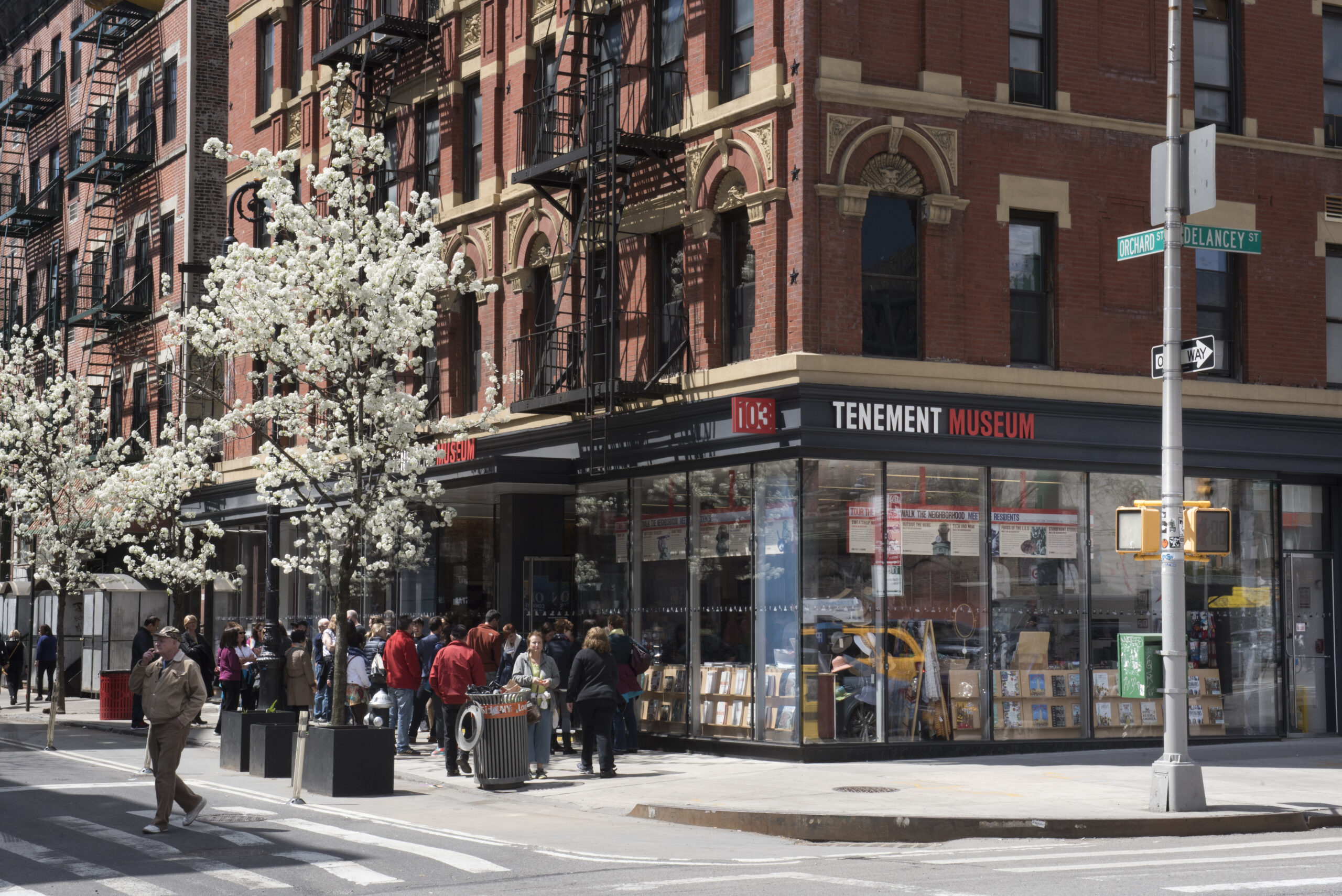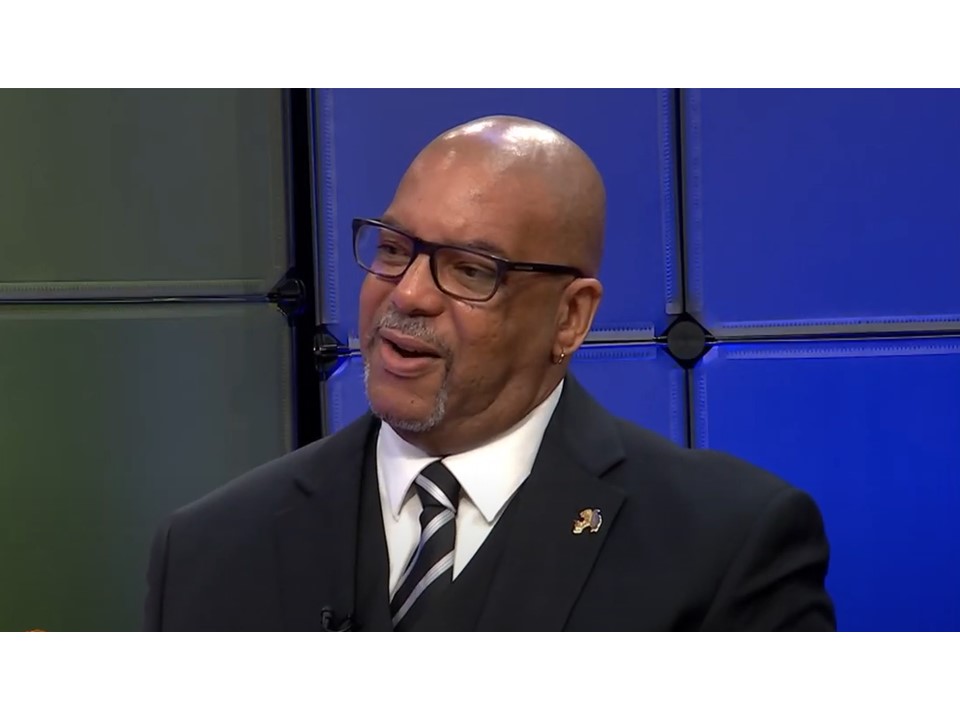Alliance Magazine, an international publication celebrating the impact of philanthropy globally, featured a story on FJC’s partnership with Tikkun Olam Foundation (TOF) to provide a philanthropic loan to The Ali Forney Center (AFC), a leading provider of services to LBGTQ+ youth experiencing the harms of homelessness.
Through its donor advised funds (DAF) accounts, FJC allows donors—including private foundations—to recommend loans on below-market terms to the nonprofits of their choosing. In this case, TOF recommended a revolving line of credit to AFC of $1 million, which it capitalized with a grant to a DAF account at FJC. FJC then managed the loan origination, legal documentation and loan servicing.
AFC will use the loan as a source of affordable bridge financing to help offset payment delays from government contracts for committed funds and as an emergency reserve for extraordinary programmatic or operational needs.
From the article:
Sam Marks, CEO of FJC – A Foundation of Philanthropic Funds (FJC), added: ‘The timing of payments from government is more uncertain than ever, and philanthropy can play a key role as capital providers to help nonprofits manage through these challenging times.’
Alexander Roque, president and executive director of AFC, added: ‘The strategic reserve fund is crucial for AFC and will offer the opportunity to enhance and expand our capacity.
‘There is so often a lag between funding and disbursement. We can now allocate resources towards initiatives that further our mission, new programs, expanding international efforts, acquiring properties, or improving existing facilities.’
The loan is the first in a series of planned strategic investments from Tikkun Olam Foundation. Each year through 2028, TOF intends to provide similar strategic loan funds up to $500,000 to provide greater stability and planning capability to nonprofits nationwide.
“In our decade-long partnership with the Ali Forney Center, we have seen them grow their work in response to the increasing need to provide safety, care, and empowerment to trans and queer youth,” shared Tikkun Olam Foundation Executive Director Zev Lowe. “We are excited for our longtime partners at AFC and what this loan will mean for the communities they serve, and also about what this collaboration with AFC and FJC can teach us and the sector about innovative ways to deploy philanthropic resources.”
Read the full article at Alliance Magazine’s web site.
